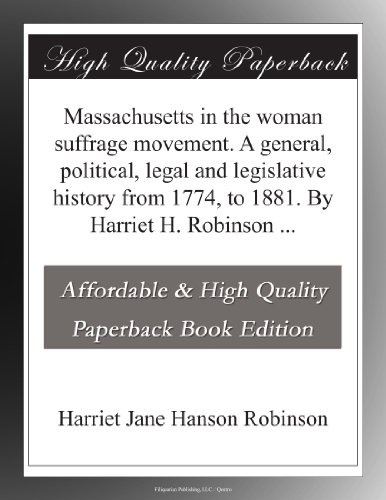Background
Hunt was born in Boston, Massachusetts, in 1805. She was the daughter of Joab and Kezia (Wentworth) Hunt. She was descended from Enoch Hunt, who was admitted a freeman of Newport, R. I, in 1638. Her father, a ship-joiner, lived in the old North-End of Boston; Harriot and a younger sister, Sarah Augusta, were brought up in a nautical, as well as a deeply religious, atmosphere. The family were greatly influenced by the Trinitarianism of John Murray.
Career
At an early age Harriot Hunt had a firm conviction that women should have some useful occupation. She began to put her thoughts into practice by taking pupils into her father's house in 1827. This, her first endeavor, was moderately successful, but in 1833, when her sister had a long illness, she turned her attention from teaching to medicine. Sarah Hunt was treated by a Dr. and Mrs. Mott, both English physicians of somewhat questionable reputation, and recovered.
Meanwhile Harriot, under the influence of Mrs. Mott, began the practice of medicine and in 1835 had so far prospered that both she and her sister began to advertise themselves as physicians. Their practice consisted largely of general hygiene and hydrotherapy, mixed with considerable psychotherapy; their patients were chiefly neurasthenic women. "We were frequently surprised, " Harriot Hunt wrote in her autobiography, "by the successful termination of many of our cases through prescriptions for mental states. "
After her sister's marriage, Harriot continued alone, her practice ever growing and extending beyond the confines of Boston. She lectured frequently on the hygiene of sex and in 1843 formed a Ladies' Physiological Society. At the meetings, often held in her house, she talked to large groups of women. She gained a certain notoriety by being refused admittance to the Harvard Medical School in 1847 and again in 1850. In the last twenty-five years of her life, in addition to her medical practice in Boston, she became one of the "emancipated ladies" of the age and was well known as a temperance reformer, a phrenologist, an anti-tobacconist, and a leader in the anti-slavery movement. More important, however, was her work for woman's suffrage. She attended many of the early national conventions and often served on committees.
By 1856 she was known outside of Massachusetts as one of the ardent supporters of the feminist movement and in that year she wrote her autobiography, Glances and Glimpses, a book of considerable value in depicting (in a rather narrow way) the times in which she lived.
Personality
Quotes from others about the person
Fredrika Bremer, after visiting Harriot Hunt in 1853, described her as a "zealous little creature" and a "very peculiar individual" but added that she was "really delighted with her. "






